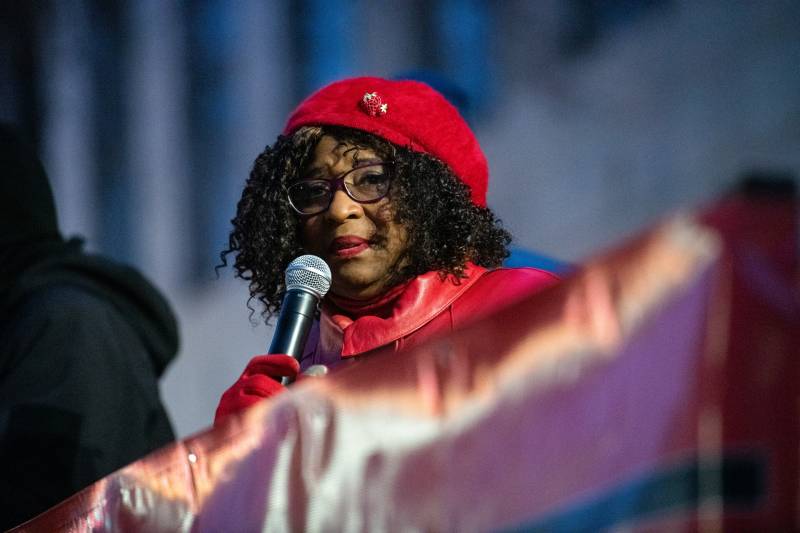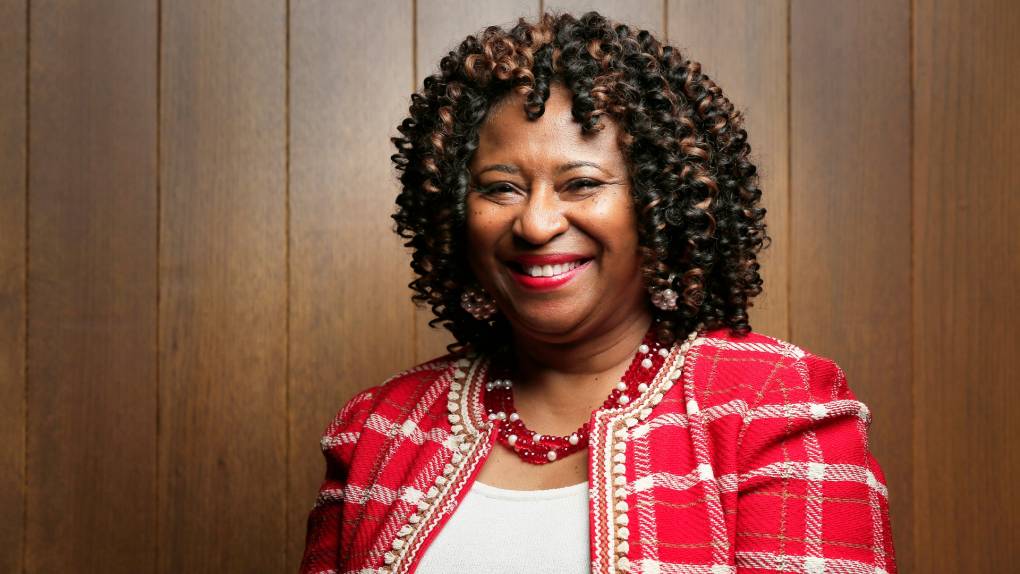Price supporters say if the county is going by state laws, then it should also require recall proponents meet the state’s required number of signatures to qualify for a recall election, which is about 20,000 more than the county requirement.
“They’ve never done this before, and now they are making it up as they go along,” William Fitzgerald, spokesperson for the Protect the Win campaign, said of the registrar.
Never seen before: Alameda County has never held a recall election, and it’s working with rules written in 1926, when the county was a quarter of the size it is today.
In the background: The registrar is still counting votes from the primary, which includes votes for Measure B, a rule that will change how the county handles recalls. Measure B is headed toward approval with 65% of the vote.
County officials have said that Measure B will not impact the recall signature count because it began before voters approved the measure.
The county was unclear on whether Measure B would impact the scheduling of recall elections. The county has estimated that holding a special election would cost around $20 million. It’s in its interest to push a recall election to November when it would be consolidated with the general election. Now that the results of Measure B will be finalized before a decision is made on a recall election, the argument that the provisions in Measure B — which make it more likely that a recall election would be held in November — apply to a Price recall just got stronger.
What They’re Saying: For their part, recall proponents said the recount doesn’t bother them.
“It provides another level of validity to the signatures we provided,” Brenda Grisham, the principal officer at SAFE, said on Friday.


